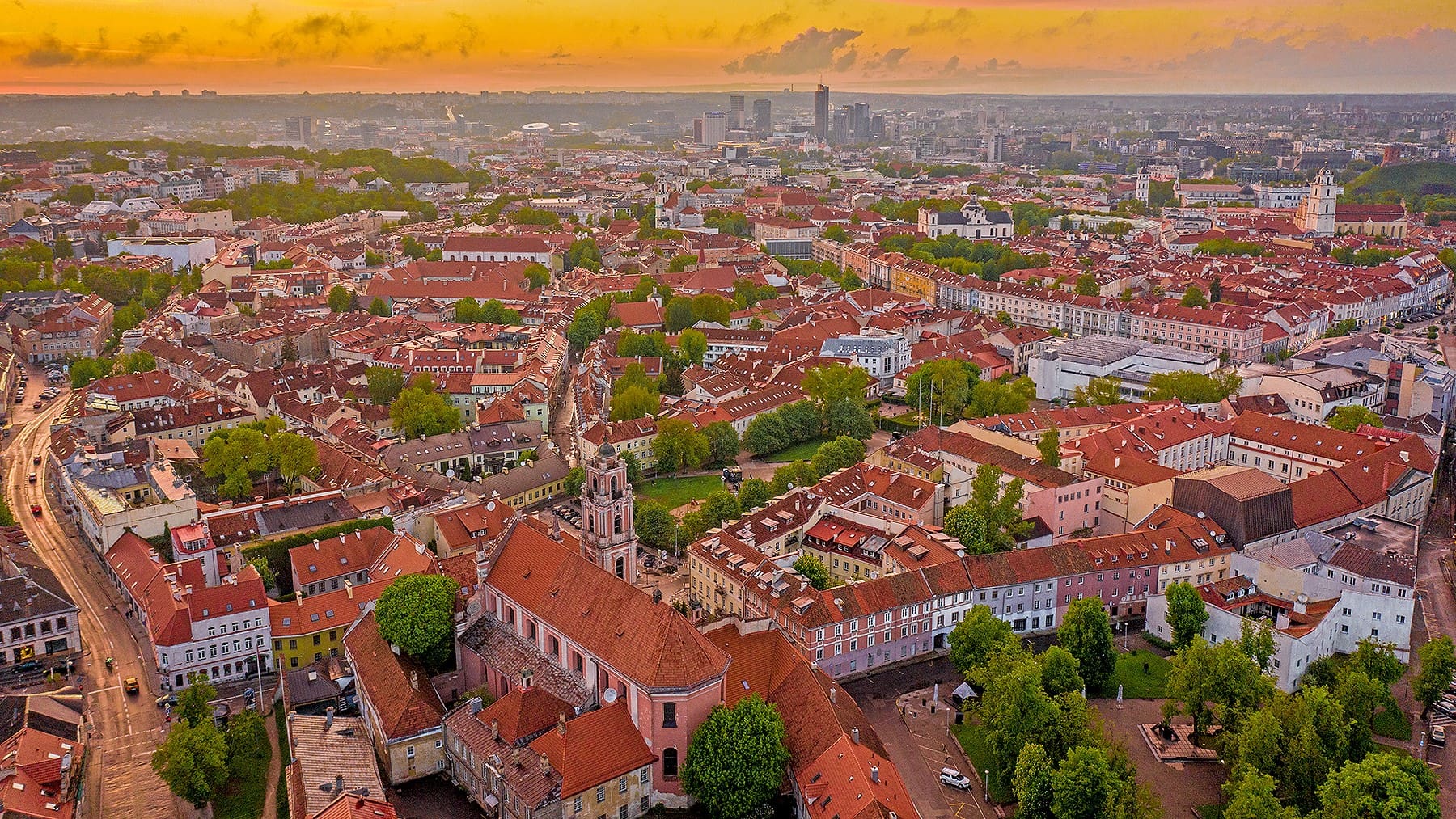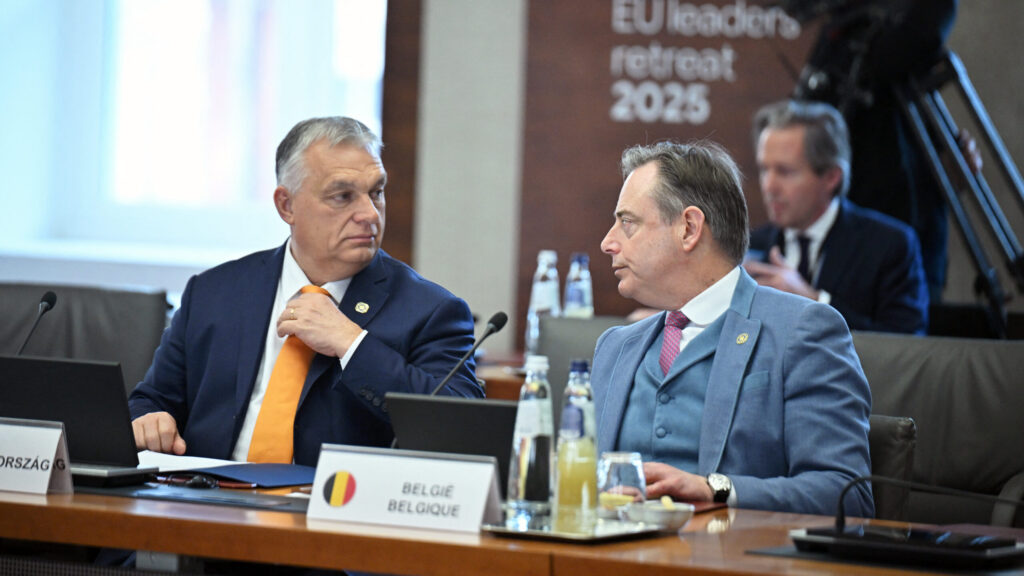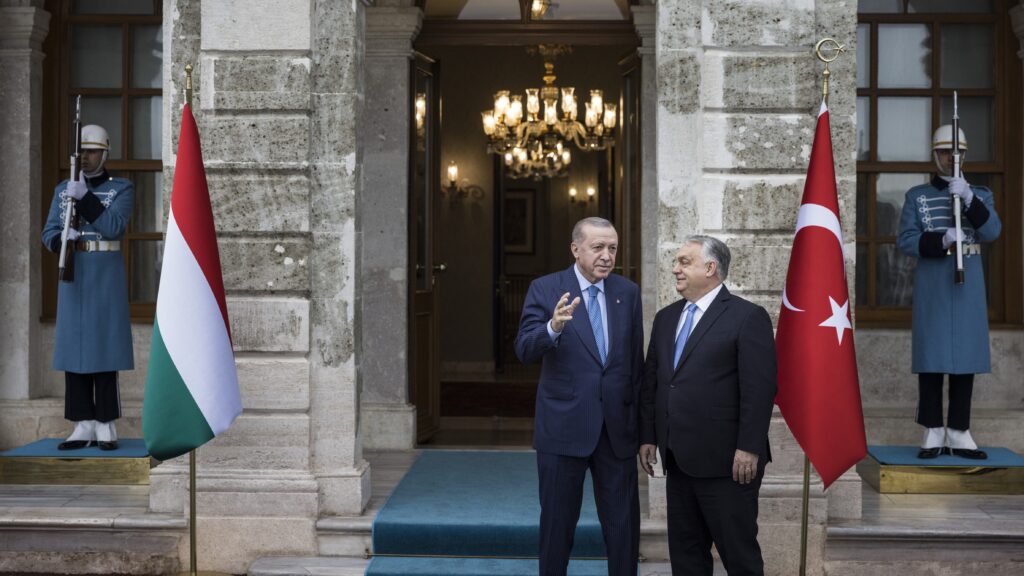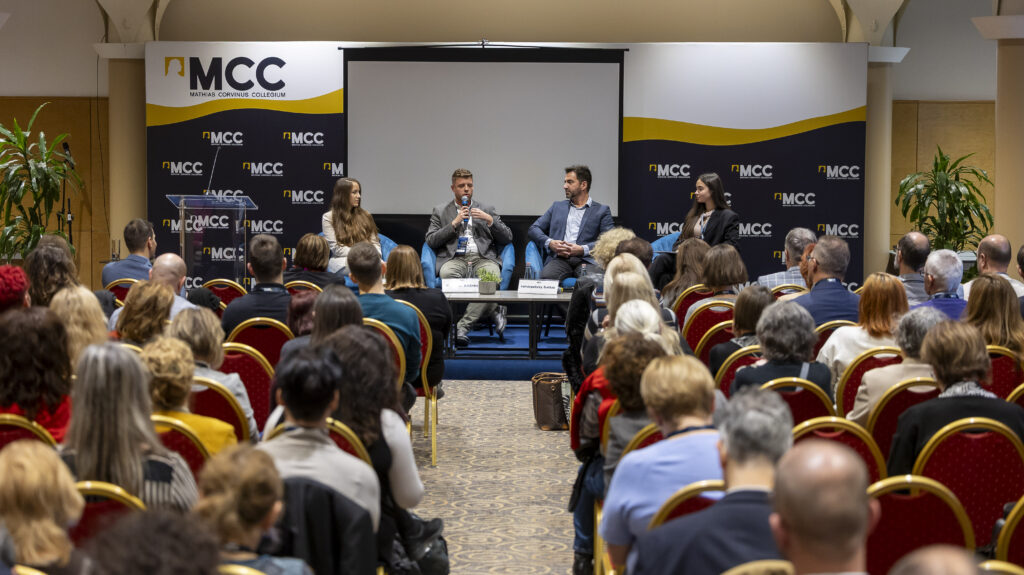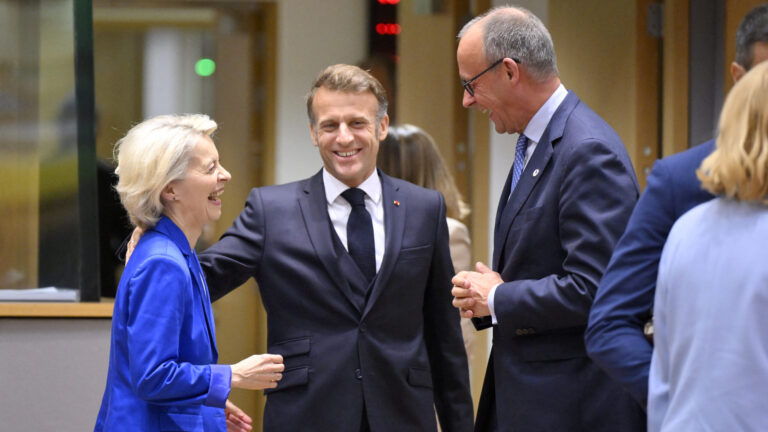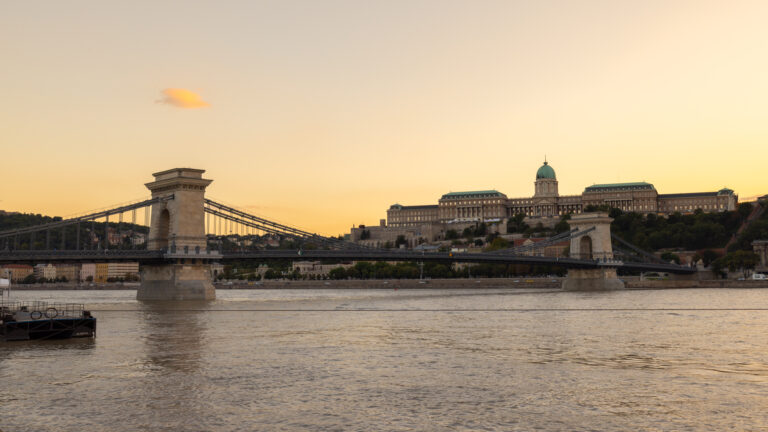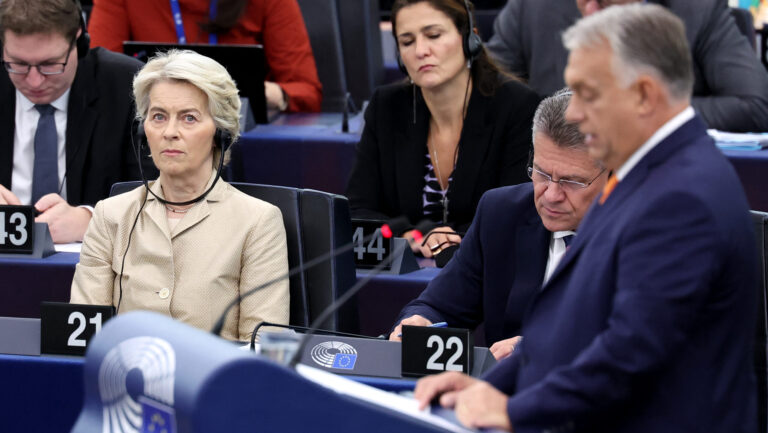Last week, on 17 May, Lithuania took over the rotating presidency of the Council of Europe’s Committee of Ministers from Liechtenstein at a meeting of foreign affairs ministers from the organization’s 46 member states. According to established practice, the country will hold this position for the next six months. At the meeting, the outgoing presidency of Liechtenstein, headed by Dominique Hasler, Minister of Foreign Affairs, Education and Sports, gave a brief overview of the results of the last semester.
The Treaty of London, signed by ten states on 5 May 1949, established the Council of Europe (CoE) to protect and promote fundamental freedoms and human rights, democracy, the rule of law, dispute settlement, and the implementation of reconstruction after World War II.[i] The Committee of Ministers, being the decision-making body of the CoE, consists of foreign ministers or their permanent diplomatic representatives accredited to Strasbourg, and its main task, among others, is to approve the CoE’s policies, budget and action programme, examine the conclusion of treaties and agreements, decide on organizational and procedural issues, adopt recommendations, European conventions, declarations and decisions and supervise the implementation of the accords. The duties of the presidency are carried out by member states in a system that rotates every six months in the order of the English alphabet. In this context, each member state defines its presidency priorities, communicating those when taking over. At the same time, the head of the outgoing presidency reports on achievements of the last six-monthly period.
The Lithuanian presidency began with Lithuanian Prime Minister Ingrida Šimonytė outlining the goals of the upcoming term.[ii] Firstly, she mentioned the importance of supporting Ukraine in defending itself against Russian aggression, which should be achieved by strengthening democratic institutions in Ukraine and providing further significant support for reconstruction. Secondly, she stressed that a higher level of accountability would be required in connection with international crimes. In this process, the CoE’s expertise should be utilized, for example, to establish
a Special International Tribunal for the Crime of Aggression of the Russian Federation against Ukraine.
The Lithuanian presidency objectives also include the protection of the rights, safety and welfare of children in Ukraine and the achievement of the safe return of those who have been unlawfully deported to Russia.
Another priority of the Lithuanian presidency is the implementation of decisions adopted at the 4th Summit of Heads of State and Government in Reykjavík in May 2023, including the domestic and international protection of democracy, human rights and the rule of law, the protection of human values against aggression and authoritarianism, and specific objectives related to the digital dimension. Through this objective, the presidency also aims to support civil society, independent media, and human rights defenders in conflict-affected areas, such as Belarus and other authoritarian countries.
The implementation of judgments of the European Court of Human Rights, strengthening of social rights, achievement of anti-corruption and good governance, gender equality, as well as the rights of women, children and young people; the importance of environmental protection, the protection of cultural diversity and heritage are also among Lithuanian priorities.
Besides what has already been mentioned, the goals related to the digital dimension include, among other things, freedom of expression and the safety of journalists – online and offline; artificial intelligence and human rights; fight against disinformation, hate speech, history falsification, as well as non-traditional media, digital technology and media literacy.
In terms of the assessment of Liechtenstein’s presidency between 15 November 2023 and 17 May 2024, crucial actions have been highlighted beyond numerous events and conferences. During its presidency, Liechtenstein celebrated the 45th anniversary of its membership in the CoE. Besides, at the time the presidency was handed over to Lithuania, the organization celebrated the 75th anniversary of its establishment. In addition, the 30th anniversary of the Congress of Local and Regional Authorities of the Council of Europe took place during the past presidency. Michael O’Flaherty, the new Commissioner for Human Rights, was elected and started his six-year mandate on 1 April 2024. In the named period, a list of possible candidates for the upcoming election of the new High Commissioner was also drawn up.
In general, Liechtenstein devoted its presidency, among other objectives, to
implementing decisions adopted at the Reykjavik Summit of May 2023, particularly to the continued and persistent support of Ukraine.
In this respect, in April 2024, the Committee of Ministers decided that the Secretary-General may provide all the necessary information to the informal Core Group—an informal group discussing possible venues for the establishment of a Special Tribunal—to elaborate further on the possibility of establishing a Special Tribunal through a bilateral agreement between the Council of Europe and Ukraine. With regard to artificial intelligence, the Framework Convention on Artificial Intelligence was finalized during the Liechtenstein Presidency and adopted in May 2024, emphasizing the role of CoE in protecting human rights in the digital space. Several awareness-raising events have also been held in the last six months on the protection of women’s and children’s rights, in particular on the importance of preventing and addressing violence against women and trafficking in human beings, as highlighted by the Istanbul Convention.
As it appears, Lithuania’s goals for its presidency period greatly coincide with Liechtenstein’s priorities; therefore, continuity is expected in the upcoming period.
While the efficiency and practical results of the rotating presidency are at times questioned, it is undoubtedly a significant chance for member states to direct their attention to the issues and policies that are significant for them and for the organization as well.
[i] For more information on the CoE, visit the official website of the organization: https://www.coe.int/en/web/portal
[ii] The priorities of the Lithuanian presidency and evaluation of the presidency of Liechtenstein are detailed at https://www.coe.int/en/web/kyiv/-/lithuania-takes-over-presidency-of-committee-of-ministers

